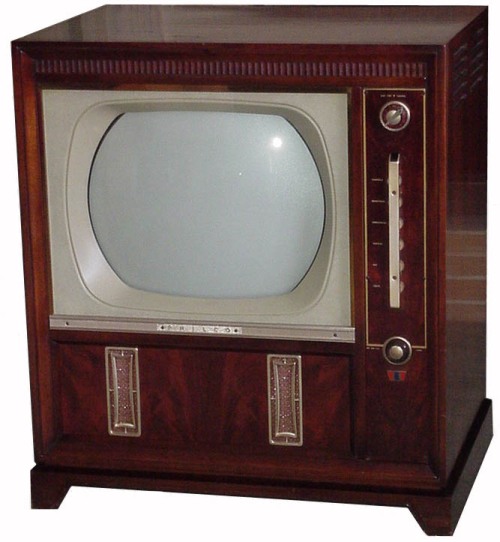 Television scholar Jason Mittell, who is currently spending a year in Göttingen as a fellow in the DFG Research Unit “Popular Seriality–Aesthetics and Practice,” will–as readers of this blog will already know–be giving one of two keynote lectures at our conference “Cultural Distinctions Remediated,” December 15-17, 2011 (our other keynote speaker is Lynn Spigel).
Television scholar Jason Mittell, who is currently spending a year in Göttingen as a fellow in the DFG Research Unit “Popular Seriality–Aesthetics and Practice,” will–as readers of this blog will already know–be giving one of two keynote lectures at our conference “Cultural Distinctions Remediated,” December 15-17, 2011 (our other keynote speaker is Lynn Spigel).
Now, over at his blog Just TV, Jason has a new post on Michael Z. Newman and Elana Levine’s new book Legitimating Television: Media Convergence & Cultural Status. And included in this “unofficial review” (as he puts it) of Newman and Levine’s book is also what would appear to be an (unofficial?) preview of Jason’s talk in Hannover. I recommend reading the review in full, but I wanted to highlight those points that give us an idea of what kind of ground we can expect Jason to be covering in his keynote, “The Complexity of Quality.”
Jason writes, “this response [to Newman and Levine’s book] will be part of a larger argument I’ll be making in a presentation next month at the conference Cultural Distinctions Remediated at University of Hannover, so I will point toward larger arguments still to come, and welcome feedback to help me craft that talk.”
So what can we look forward to in Mittell’s keynote? Jason identifies what he takes to be a central problem in Legitimating Television: namely, a “false dichotomy” that he sees Newman and Levine putting forward in their book. According to Mittell:
“The book links the discourses of legitimation to structures of gender and class, highlighting how television has traditionally been feminized and stigmatized as lowbrow, arguing that recent legitimation practices work to masculinize and “class up” television. While I think this is correct, I do not see it as a self-evident problem to be avoided at all costs like Newman & Levine seem to, as suggested by the book’s final words: “We love television. But legitimizing that love at such a cost? Paying for the legitimation of the medium through a perpetuation of hierarchies of taste and cultural value and inequalities of class and gender? No” (171). Implied in this conclusion and their analysis throughout is a choice: we (as scholars, critics and viewers) can either embrace legitimation and its concomitant reinforcement of cultural hierarchies, or we can reject it, with the latter framed as the more politically progressive choice.”
Later, and here’s where we get an indication of – some very interesting – things to come at his talk in December, Jason writes:
“What I wanted from the book that I did not get was a third way to discuss television’s cultural legitimation, moving beyond either accepting legitimation discourses of quality television and progress, or rejecting them as illegitimate or ungrounded. (In my talk at Hannover, I hope to offer such a third approach, specifically concerning cultural evaluation.)”
I’m sure I’m not alone in saying that these are exciting prospects; I very much look forward to hearing Jason’s argument and his vision of/for this “third way.”





